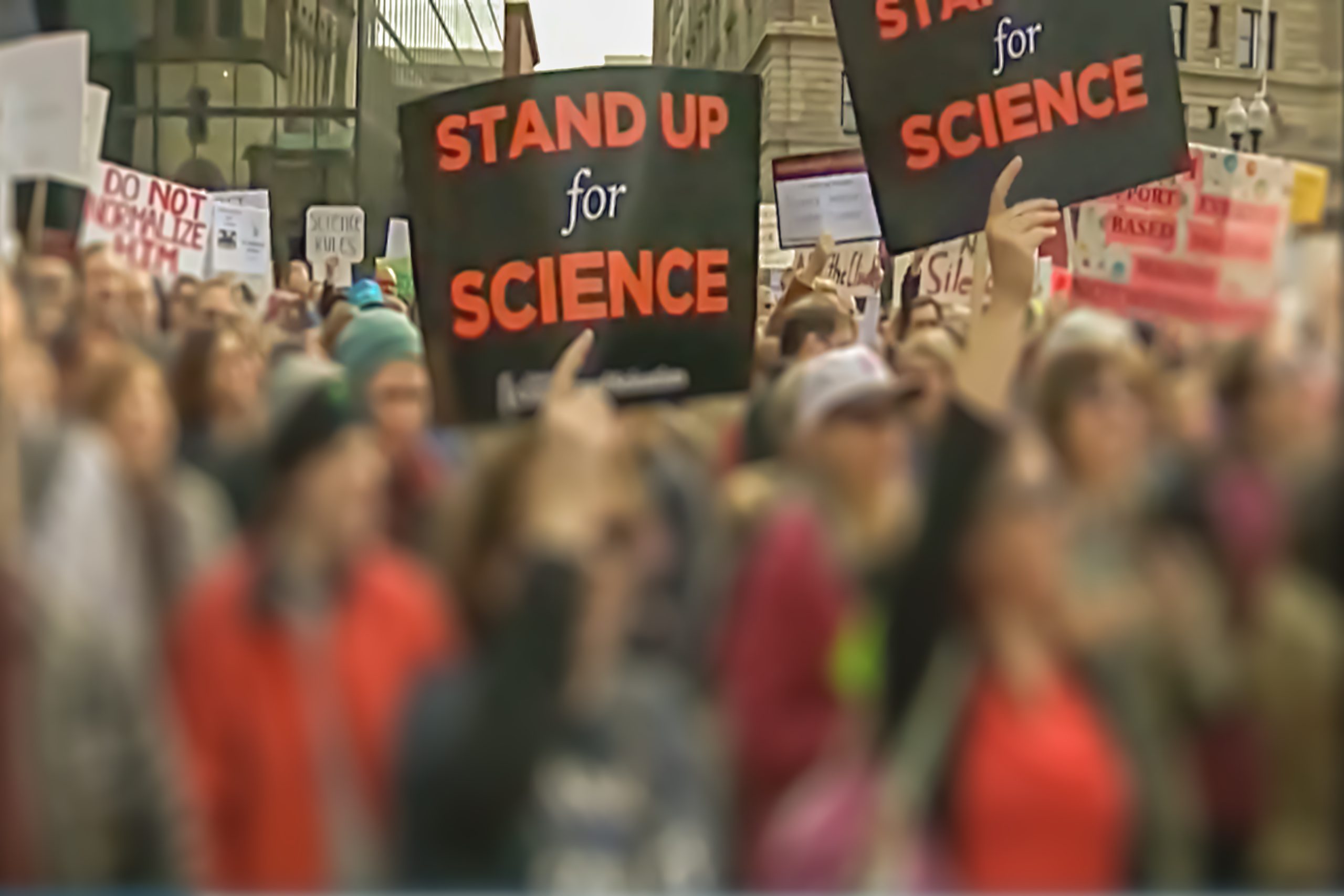
By Ryan DeCrescent
The other day, an older gentleman’s T-shirt caught my attention. The front read:
The atmosphere is:
78% nitrogen
21% oxygen
2% H2O
0.04% CO2
Great — inarguable facts! However, the T-shirt's backside revealed a painful conclusion: “Climate scientists are corrupt.”
In the past, this stuff simply ground my gears. This time, I felt some compassion.
I’m a physicist, and I relate to these numbers in a particular way. This man clearly relates to these numbers in a very different way. I presume he believes his conclusion follows logically from the numbers: 0.04% seems like a very, very small number. How on Earth could that cause global problems?
In the case of atmospheric gasses, there are enormously important physical differences between CO2 and nitrogen, so 0.04% cannot be blindly compared to numbers like 2% or 78%.
If I were to offer you 1 kg of $100 bills or 1 kg of pure gold, you would likely need to contemplate this carefully and do research before making your decision, because you know you lack critical information. What is the intrinsic value of gold, and how much does a dollar bill weigh? Without that information, you have no reliable way to compare these two objects in a way that matters to your wealth.
There are many other examples where tiny amounts of something are dangerous: Lead poisoning may be noticeable at ~0.01% blood concentration levels; cancerous tumors may be considered very deadly once they reach approximately 0.003% of the total body weight; arsenic poisoning may become apparent at the 0.0001% blood concentration level.
The money example likely seems obvious to most people. I propose that’s because we have been taught that money is important for our wellbeing. Interestingly, we have not equally as well been taught how important Earth health is for our wellbeing.
We need to know the “intrinsic value” of CO2 to understand its climate effects. All of the relevant information is freely available to those who seek it, but arriving at quantitative conclusions requires some (relatively simple) physics. My experience is that most people don’t have a formal science background.
We thus come to a painful lesson, but one that we all should practice: We need to know what we know, know what we don’t know, and apply some degree of (discretionary) trust toward people who have dedicated their lives to understand an issue. We need to know when we are mistaking our opinions for facts.
Increasing CO2 leads to increasing Earth temperatures. This is a fact — not a matter of opinion. I have unwavering confidence in this because I, too, have done the math. This heating happens whether we “believe” it or not.
Do climate scientists want it to be true? Heck no, because it implies challenges and huge inconveniences to everyone — politicians and climate scientists alike.
Frankly, the universe doesn’t care about our inconveniences. We’ll need to come to terms with the fact that there are consequences for dumping on this planet the way we have been.
Beneficial change — personal and environmental — will occur naturally when we begin to investigate and acknowledge our imperfections, our fears, our faults and our non-understandings.
Ryan DeCrescent is a Boulder resident and active volunteer for the climate action organization 350 Colorado. He enjoys spending time sitting in silence, climbing rocks and eating plants.
This opinion does not necessarily reflect the views of Boulder Weekly. Email your thoughts to letters@boulderweekly.com
